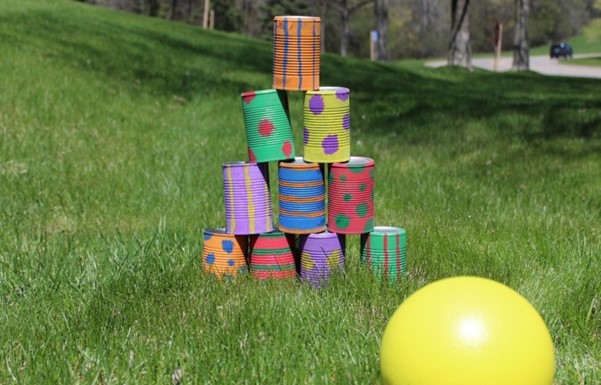Ultimately, it’s what we value
As he reflected on his journey, Eugene concluded, “We need to first recognise each other’s value. Today, as much as I’m learning to value my children, and my grandchildren, I think it also works two-way.
“Children can also learn to value their parents and see that they still have something to give, and contribute, even at an older age.
“For example, even with my own mother, my siblings and I value her presence with us at meals and family gatherings even though at 90, she is not as active and mobile as before. She may not be able to spend time in the kitchen now but still feels so good when her children ask for her recipes and advice on various matters.
“At the recent Christmas gathering, she walked us down memory lane when she reminded the adult grandchildren now how she used to cane and discipline them in their younger days. And it was agreed, no bad memories and no damage done!
“We must all learn to continue valuing each other.”
Eugene’s story reminds me of what my grandmother did for me, when I was under her care as a young boy. Daily, she would cook a big pot of pork porridge, followed by another steaming pot of soup. She would rock me gently to sleep, and then wake me when my parents came to pick me up.
As I grew up, and those daily stays became weekly visits, she would press a $10 note into my hand, so that I could have more pocket money to spend.
Looking back, I never truly appreciated those times, until my grandmother passed.
Maybe the biggest lesson I learnt from her is that love knows no bounds and is not limited by age.
So the next time grandma or grandpa makes a mistake or bends a rule in your book, let’s remember that the main thing isn’t about them becoming better at grandparenting, but the gift of love they freely lavish on our children – and also hopefully receive in return.






